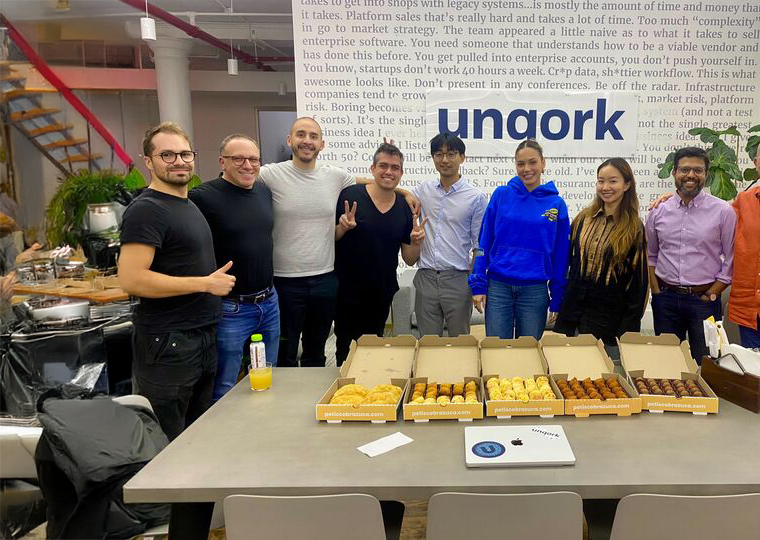It may come as a surprise to many, but most enterprise application platforms are designed with only authenticated users in mind (i.e., users who have been logged-in to or otherwise confirmed their identities). This approach may alleviate some digital security challenges that come with cloud-based software, but it comes at a business cost.
By ignoring the very existence of non-authenticated users (i.e., the vast majority of users in the world), these other platforms sharply limit their applicable use cases. Without the ability to create digital experiences for unknown users, businesses forfeit the ability to engage with potential future customers who may wish to investigate a service before signing on, or even to provide friction-free engagements with known users.
Launching today, Unqork Creators will have the ability to create multifaceted digital applications with elements designed for all users, known or unknown. With Anonymous User Access, organizations can precisely control which parts of their applications can be accessed by anyone, and which require users to be authenticated—all without sacrificing security.
Let’s jump into some of the benefits and use cases, as well as some of the more technical details.
It’s a Party, and Everyone’s Invited
Anonymous Access can be used in a variety of business use cases where authentication is unnecessary (or unnecessarily burdensome). For example, consumer-facing workflows like opening a bank account may feature a series of landing pages that explain the process before customers are asked to authenticate themselves. Or, a survey might be designed to optimize submission rates by collecting user information at the end of the process, rather than upfront. When it comes to public services, Anonymous Access will open crucial (and potentially timely) information to all users without additional steps.

With Unqork, organizations are not forced to choose between flexibility and security. The platform automatically creates a clear separation between modules with Anonymous Acess and those connected to APIs or other digital avenues that could be misused, corrupted, or otherwise provide non-sanctioned access into the application.
To enable Anonymous User Access, users simply enable Role-Based Access Control (RBAC) on specific configurable modules. Once RBAC is toggled on, it unlocks a togglable Anonymous User Access setting which allows that asset to be accessed by non-authenticated users.
There are reasons to want to verify every user of your application, and there are reasons to provide unfettered access to all. With Unqork, organizations can engage with all manner of users without ever compromising on security.





